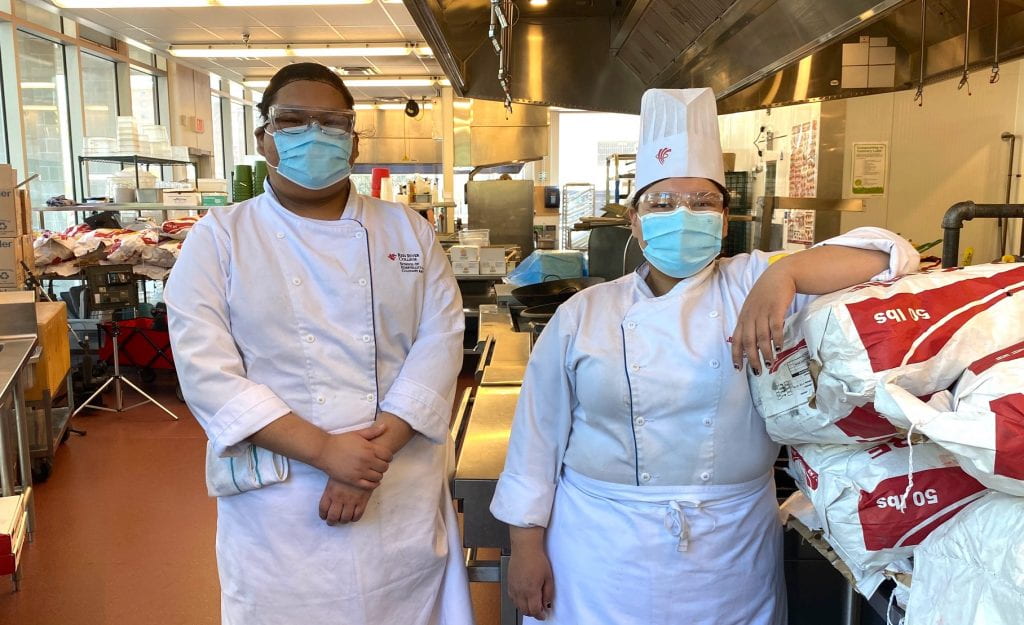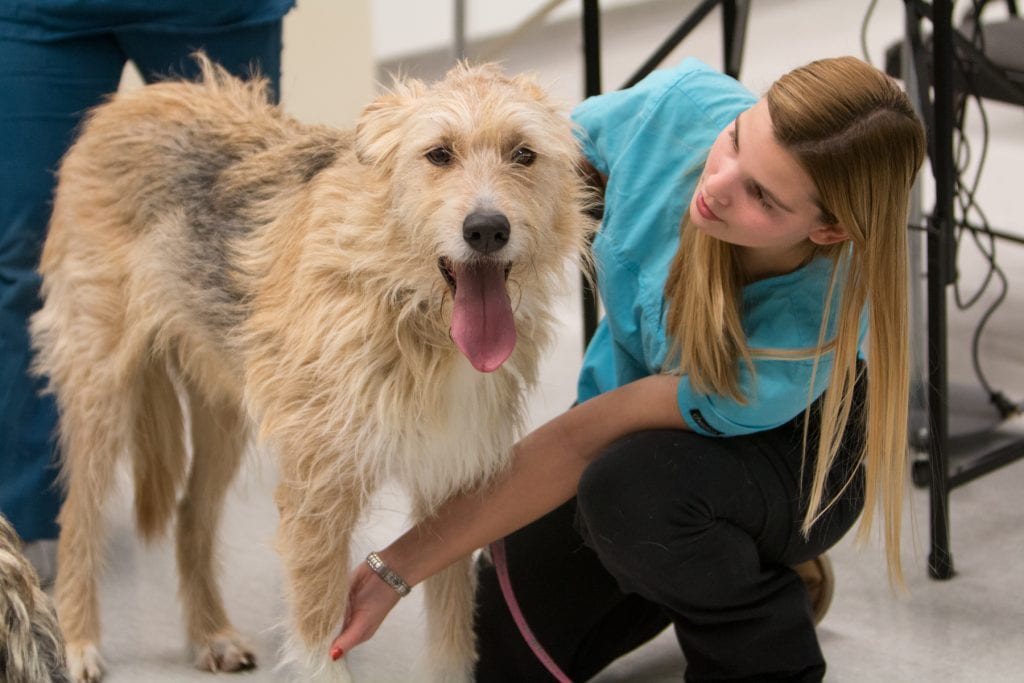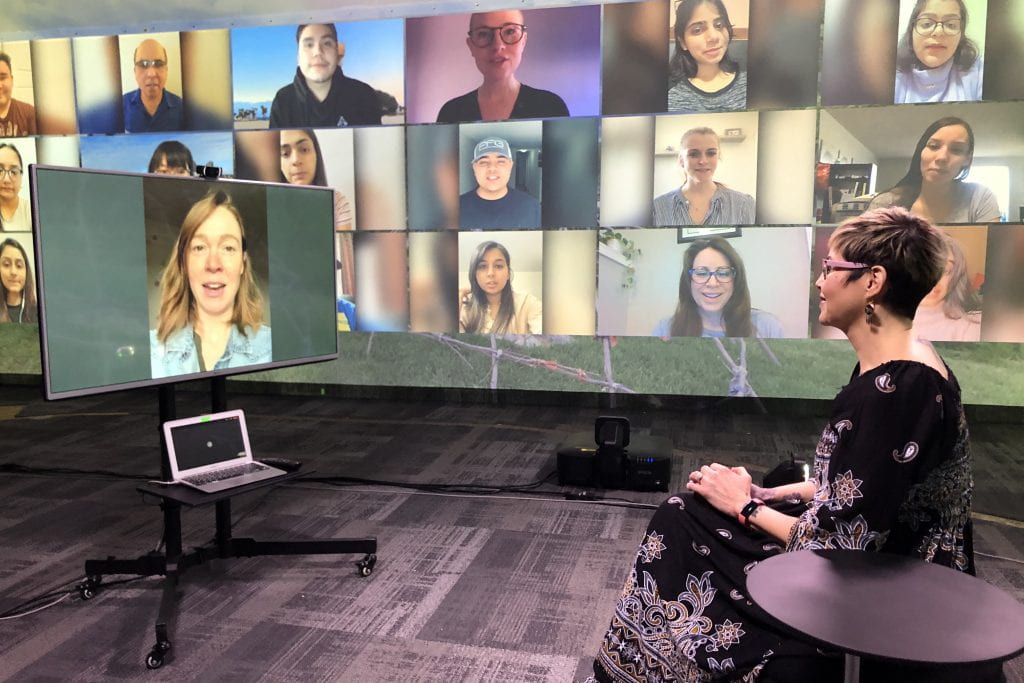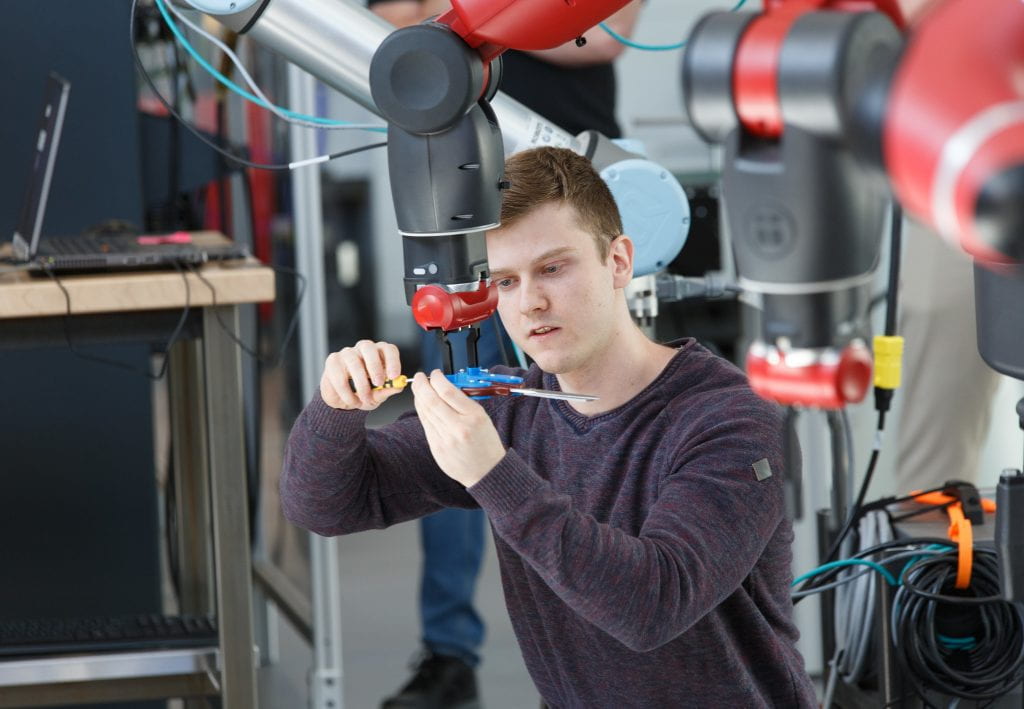Students, staff partner with Solidarity Kitchens to provide meals for food banks across Canada
La Tablée des Chefs and its partners — among them, culinary students at Red River College — have announced the launch of the second phase of the Solidarity Kitchens initiative, which will produce over 500,000 meals for food banks across Canada, with production primarily located in Winnipeg, Vancouver, Calgary and Toronto.
La Tablée des Chefs is a charity whose mission is to fight against food insecurity and educate young people to develop their food autonomy. Its Solidarity Kitchens initiative began at the start of the pandemic, when the organization was approached by suppliers, farmers, restaurants, hotels and large venue sites who wanted to donate food that would otherwise go to waste. La Tablée des Chefs worked with distributors to deliver the food to revived kitchens, where the food would then be cooked and frozen.
Solidarity Kitchens has already made a significant impact, providing meals to Quebec food banks and community organizations across the region, with 2 million meals cooked and delivered from April to December 2020. This year, the goal is to cook and deliver more than 2 million servings to community food distribution networks in Canada by 2021. The start of this national initiative has been made possible with support from Agriculture and Agri-Food Canada, which provided $1.3M in funding to launch Solidarity Kitchens.
“It’s been inspiring to see how Solidarity Kitchens has already helped so many vulnerable Canadians during the pandemic,” says Jean-François Archambault, CEO and founder of La Tablée des Chefs. “We want to sincerely thank all of our valued partners for their support in bringing this initiative to life and joining us in the fight against food insecurity.” Read More →









